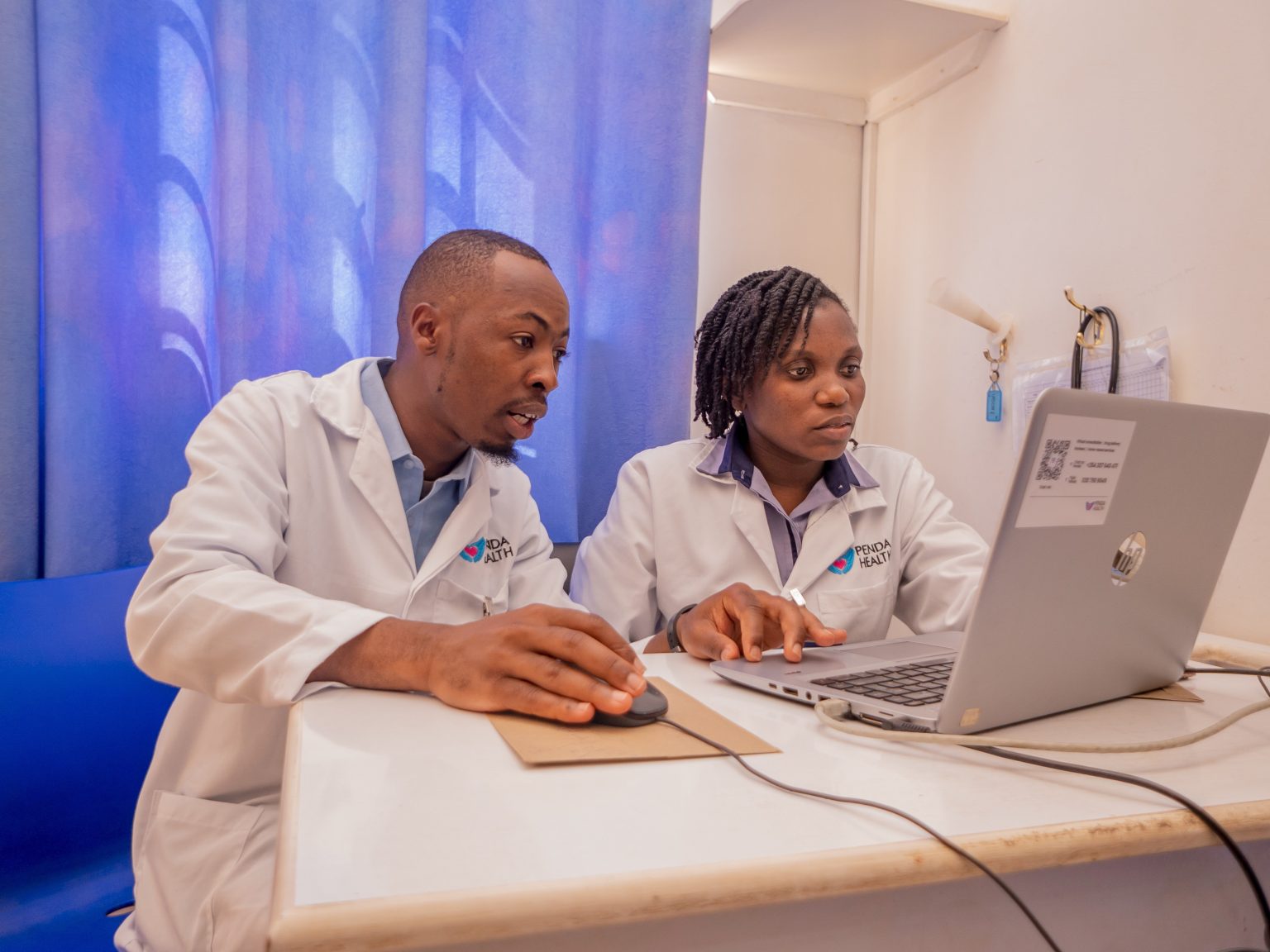Summary
Penda Health’s opening session focused on their advanced AI capabilities, utilizing large language model (LLM) technology in underserved regions to assist primary care clinicians. The organization’s funneling dignity is integral to delivering reliable, empathetic care despite resource constraints.
Digression into Africa’s Health Future
In a groundbreaking initiative, PATH launched a large-scale study with 9,000 participants, examining whether artificial intelligence can revolutionize primary care. The study aims to evaluate the diagnostic accuracy and treatment planning capabilities of AI tools, providing insights for responsible and effective technological adoption. Early trials highlight potential benefits but also highlight challenges in building trust and Francis’ tolerance in diverse healthcare environments.
Reading Through Meets Challenges
An emerging concern is the complexity of AI systems, which may rely too heavily on data and lack human oversight. This could lead to inaccuracies or dismissive decisions that contrast with compassion. Recognizing this, PATH emphasized the need for continuous evaluation and tweaking of AI technologies to address real-world clinical needs. These challenges underscore the delicate balance between innovation and ethical consideration.
Positive AI Contributions
Despite initial-platform concerns, AI features like neural network processing have shown promise. PATH is testing LLMs for complex diagnostics, such as identifying lnrmerograms, which could catalyze the development of effective vaccines. This innovative approach emphasizes the transformative potential of AI in improving healthcare outcomes.
Closing the Loop
Compassionate collaborations, like PATH’s CHEWA extension, offeray to healthcare workers, particularly in underserved markets. The organization’s research also hints at planned collaborations with governments and regulatory bodies to create AI-regulated systems. These efforts are rooted in ethical principles but also demand stringent oversight to ensure trust and accountability. As the study highlights, the integration of technology marks a pivotal step toward building a more equitable healthcare future.















